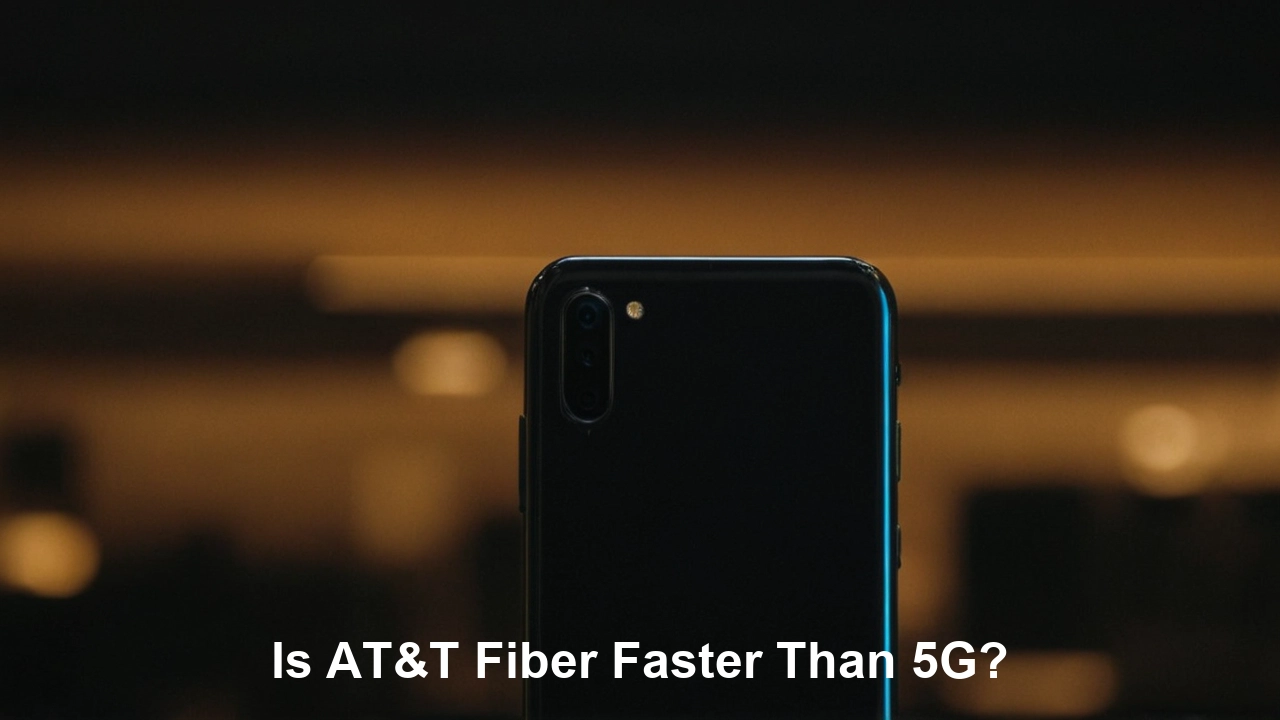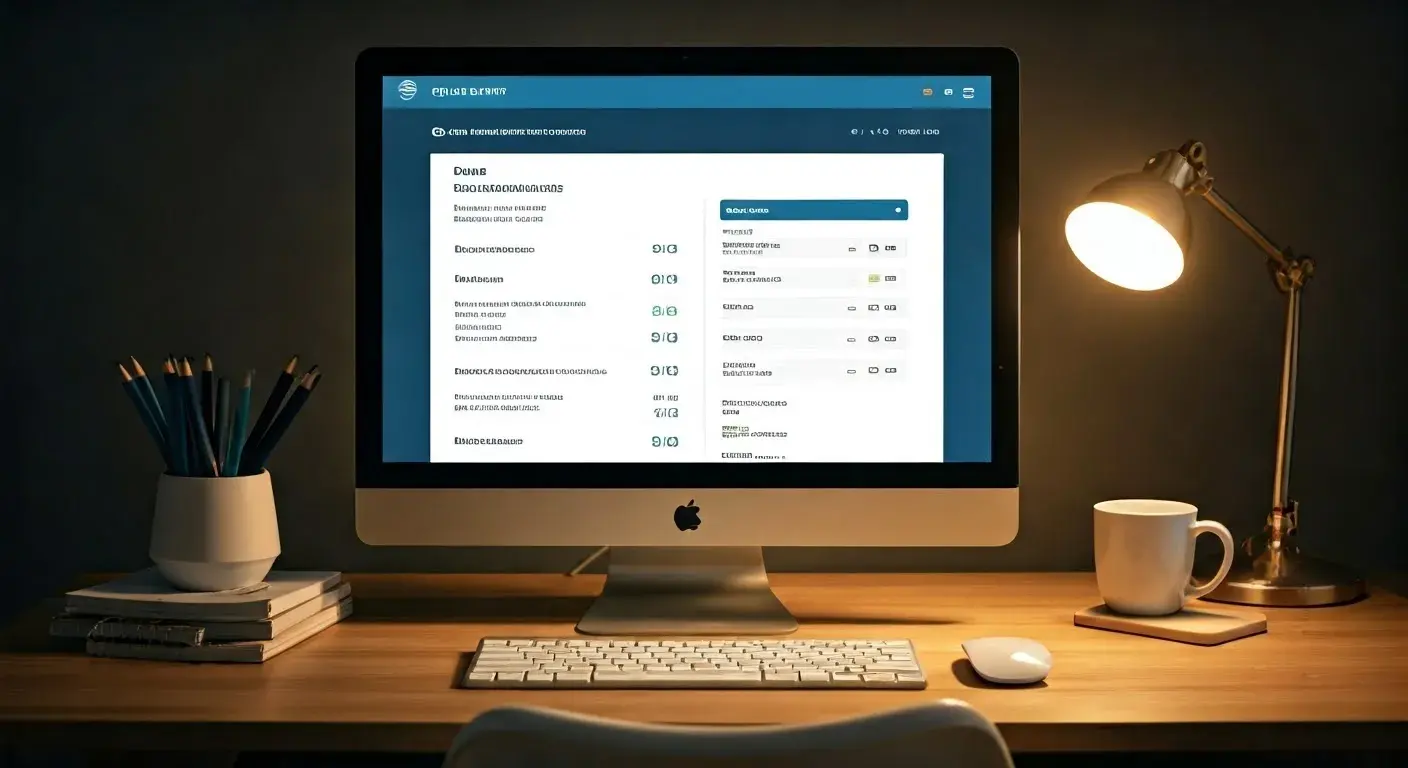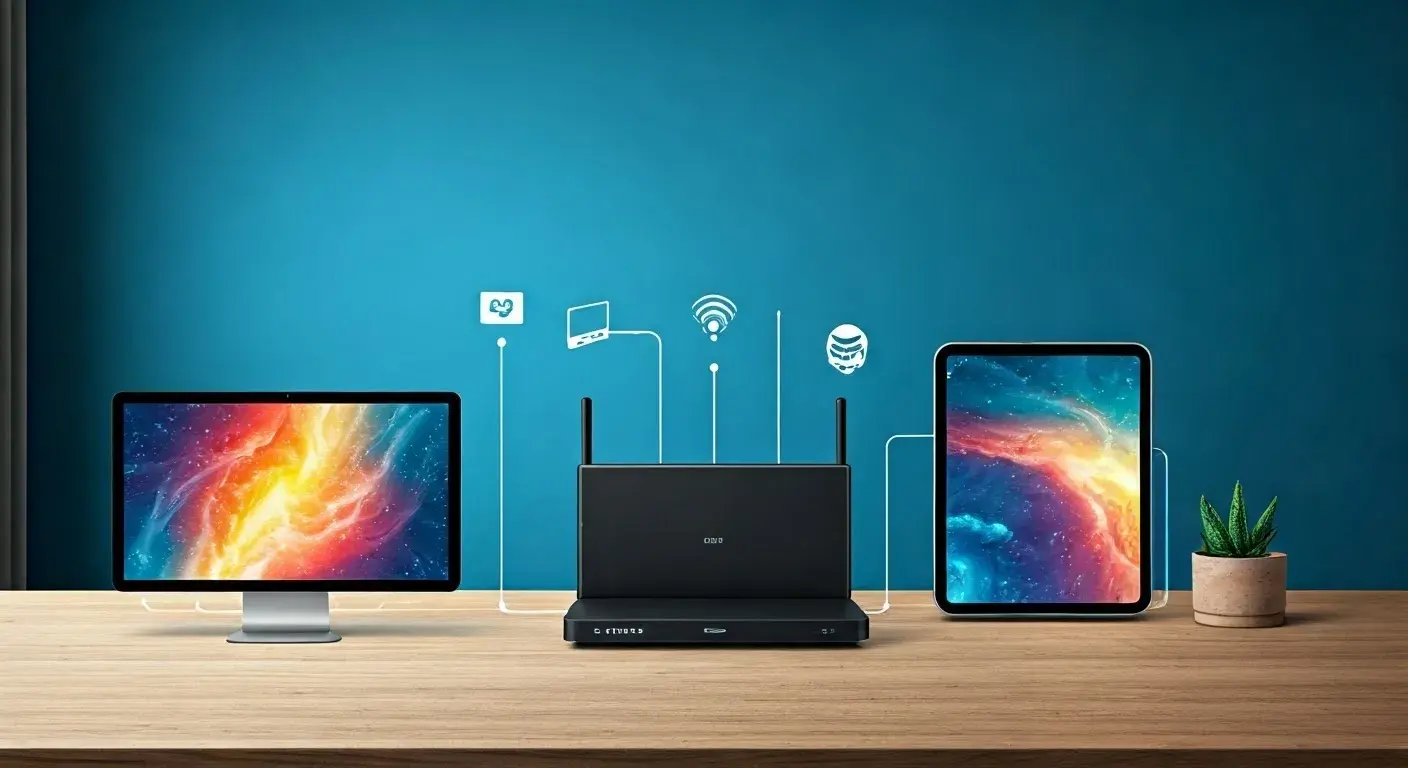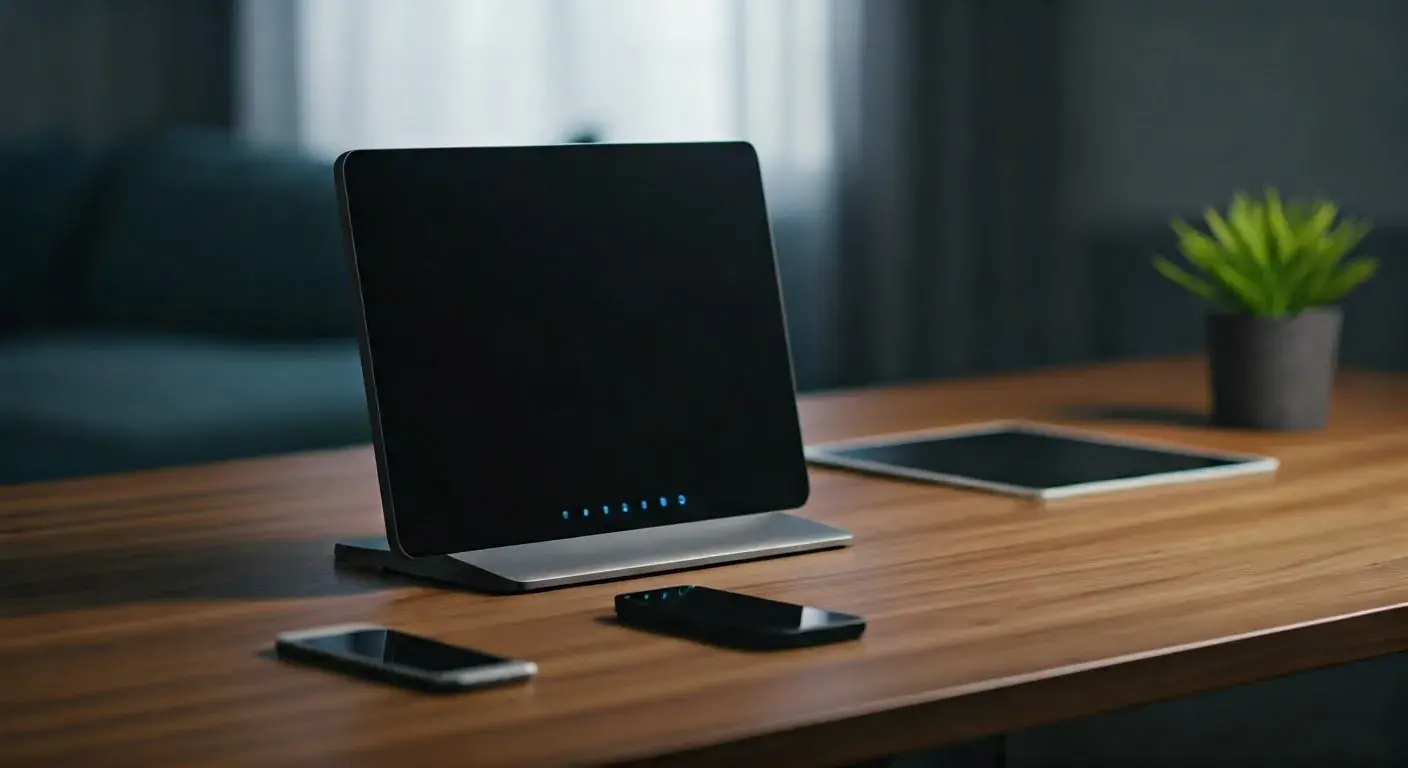Is ATT fiber faster than 5G?

AT&T also provides AT&T Fiber Plans connection and wireless service based on 5G. Now let’s discuss in a rather more detailed and definitive manner as to which of the two is the ultimate winner – fiber or 5G? Well then let’s look a bit deeper.
What is Fiber Internet?
Fiber internet sends data using fiber optic cables which are comprised of glass or plastic filaments. These cables carry data in the form of light pulses, and at a tremendously faster rate than traditional communication media. Fiber can provide up to 1Gig or even higher with download and upload speeds being at par with each other. The speeds are very stable because the data transfers through the physical cables and cable speeds do not drop.
Fiber optics provide some key advantages: Fiber optics provide some key advantages:
- Fiber internet is fast; it has speeds of up to 1Gbps or even faster both in the download and upload. This makes for possible lightning-fast downloading or streaming.
- Low latency – Fiber optic signals take only a fraction of time, specifically 2/3 of the speed of light, to travel across the fiber optic cables. This leads to very low delay and near real-time interactions and effectiveness. The areas where the internet connections are most satisfactory are online gaming and voice & video communication.
- Reliability – Fiber connectivity is relatively reliable because data transmitted is by physical cables and not airwaves. The speeds are constant, not rising or falling, which they tend to do with some modems.
- Future-proofing – This transmission technology has the capability of sending virtually an unlimited amount of data. Fiber internet today delivers 1Gbps, however, they are laid down with the capacity of delivering up to 10Gbps and beyond depending on future evolution.
What is 5G?
5G is the fifth generation of wireless cellular technology which is still in the process of being implemented in the USA. 5G uses radio waves to transmit information similar to what 4G LTE uses. However, 5G works at much higher and more efficient Radio frequencies which support high speed, low latency, and more connectivity of smart devices/Internet of Things gadgets.
The Subject of 5G Speeds
A download rate as high as 1 Gigabit per second or more is well known to be possible from 5G networks. Though this is the raw max speed, the actual attainable speeds will usually be much lower and will rely on a variety of factors like location, network load, signal obstacles including buildings, and others. Let's examine some of the speed fluctuations that provide difficulties for present 5G systems more closely: Let's examine some of the speed variability issues existing 5G networks face closer up:
- Lack of Competition - Currently, 5G is only available in some regions of certain cities and has not yet been implemented on a large scale. The general use of 5G in the United States can also be quite limited even in large-population urban areas because the coverage can be quite poor. And even those consumers who can try out 5G services will not be able to do it for a long time.
- The real-life speeds may be far from the 5G’s peak speed of over 1Gbps (depending on the signal quality, the download speeds can vary drastically). As you shift from one location to another, the speeds vary from 200 Mbps down to 20 Mbps in some unfortunate instances.
- While 5G might be faster and has more capacity than 4G LTE, the early generation 5G networks are easily congested as most of the underlying hardware is still based on 4G LTE technology. When more people connect to new 5G networks, it becomes a problem as speeds decrease rapidly or go down to a standstill.
Fiber Vs 5G: Reality Check
While 5G does have an advantage over fiber regarding mobility/portability, fiber easily wins when it comes to consistent speed and performance: While 5G does have an advantage over fiber regarding mobility/portability, fiber easily wins when it comes to consistent speed and performance:
- Fiber Speeds – There is a guarantee of symmetrical speeds of up to 1Gbps or higher for both download and upload through fiber internet. There is no change in the speed of the data because the transmission is through physical cables.
- 5G Reality: 5G indeed has a theoretical download speed of up to 20Gbps, but in practical real-world scenarios, the download speed ranges from a low of 50Mbps to as high as 300 Mbps with extreme variations in different locations and network conditions. Achieving peaks of 1Gbps is not very easy and this is easily noticed especially when trying to achieve it several times.
- High Compatibility - Fiber technology is easy to upgrade with high compatibility for future changes that can include up to ten times faster speeds or more. Thus, although there is room for enhancement of the peak rates in 5G, regarding the effective use of rates in real practice based on specific use cases, there will still be fluctuations.
Therefore, what is faster, fiber or 5G? Even though there is no argument concerning the fact that fiber internet provides much higher real-world throughput. Fiber is the best preference for homeowners and businesses with fiber access for faster internet connectivity and reliability. It offers a regular high-speed connection extremely fast and comes with very little lag time.
The Role of 5G
For now, it has a place, especially for those who cannot get fiber internet service as 5G is the next generation wireless after 4G LTE. 5G has good latency even when it is inconsistent in speed, which will be an advantage to applications that require the real-time feed. As 5G networks evolve, average speeds should rise in the long run, then again, these drilling results remain to be seen.
Early Verdict
5G is not a match for fiber internet when it comes to download/upload speeds and reliability of the networks in the initial stages of implementation. But, over time 5G will go through upgrades to be part of the future for smart devices and internet connectivity, especially for mobility. In the field of broadband connectivity at home today, fiber is king wherever it has been deployed.
Upgrade to faster, more reliable AT&T Fiber Internet today! Call us at +1 844-905-5002 and get connected with speeds that keep you ahead.





